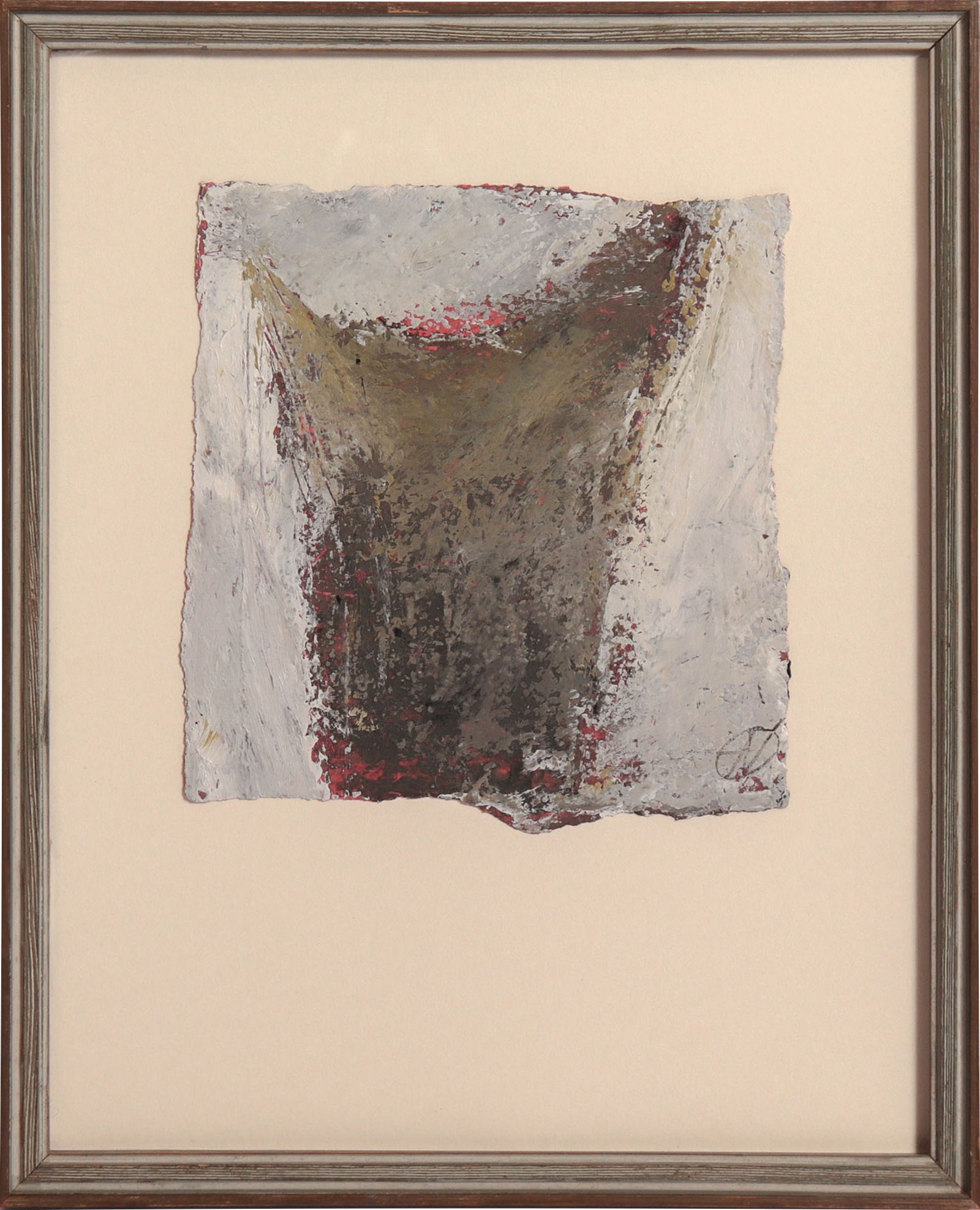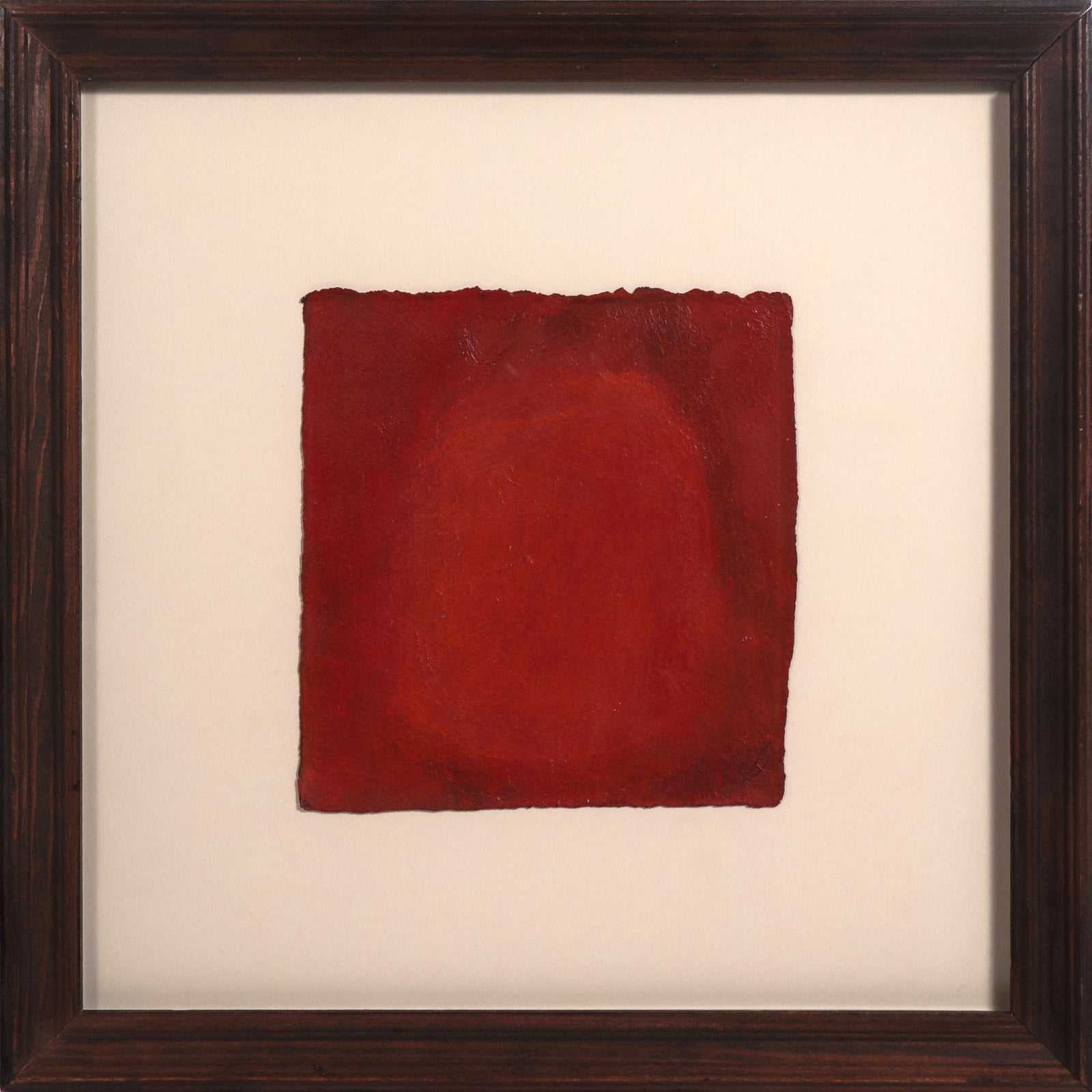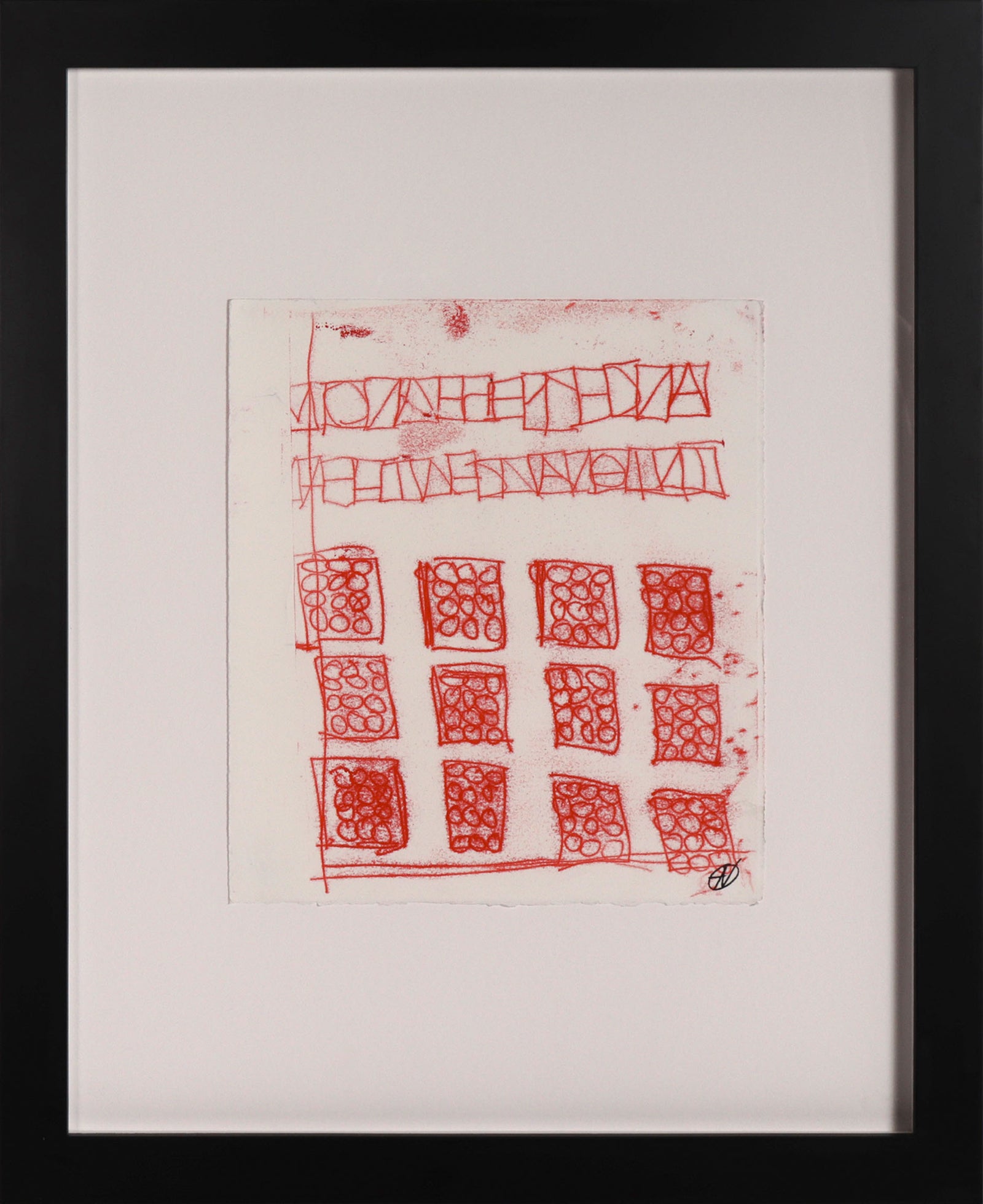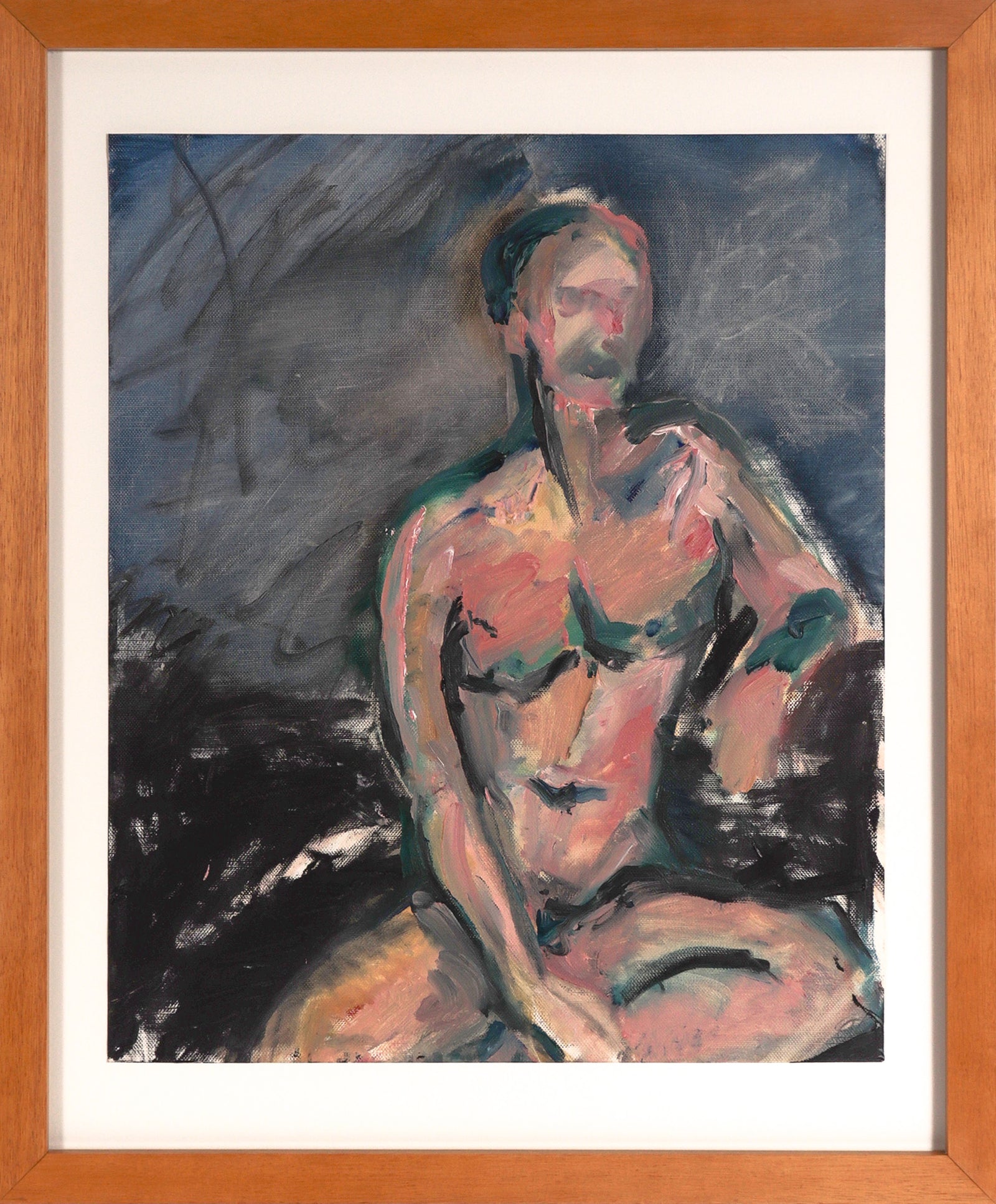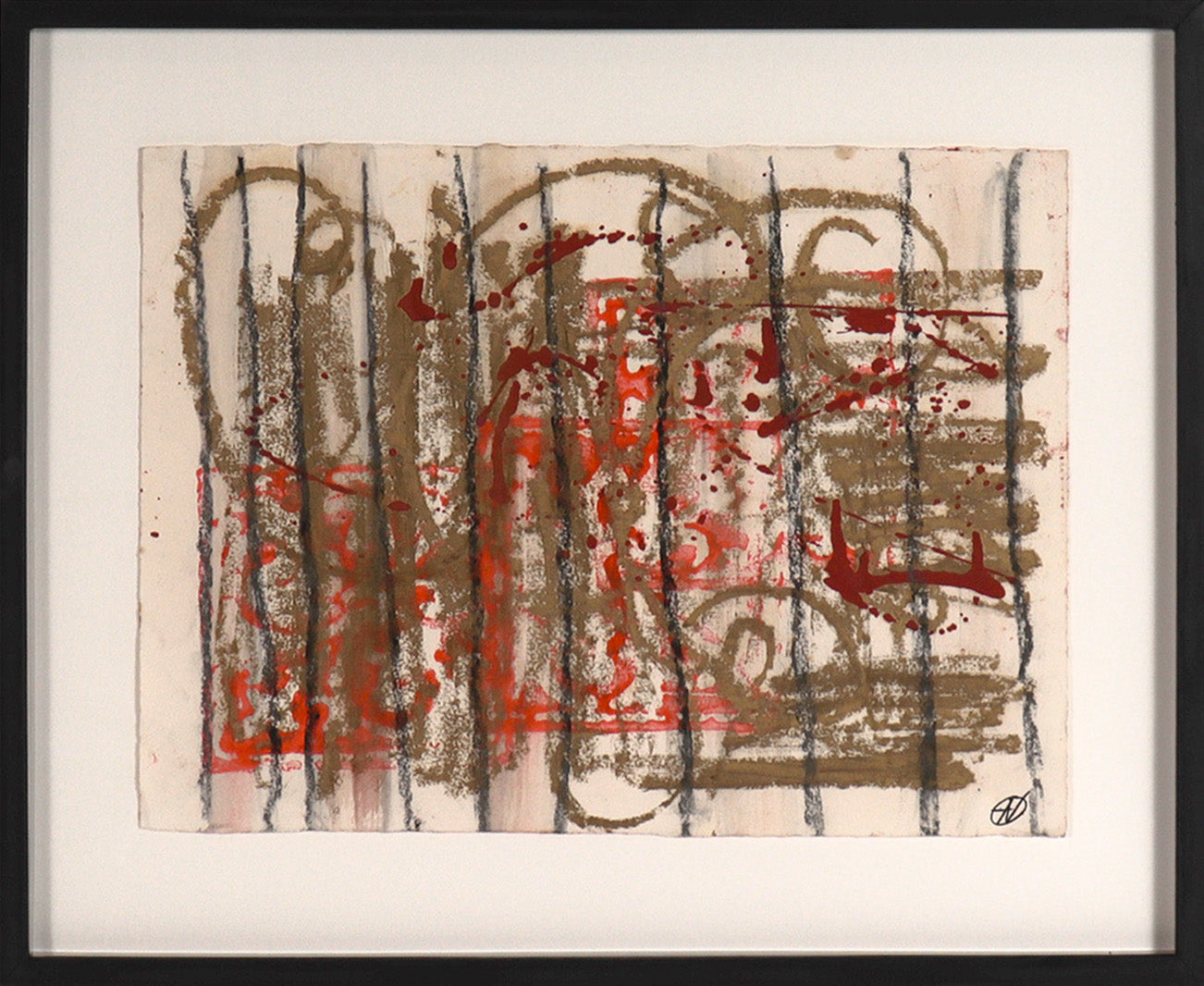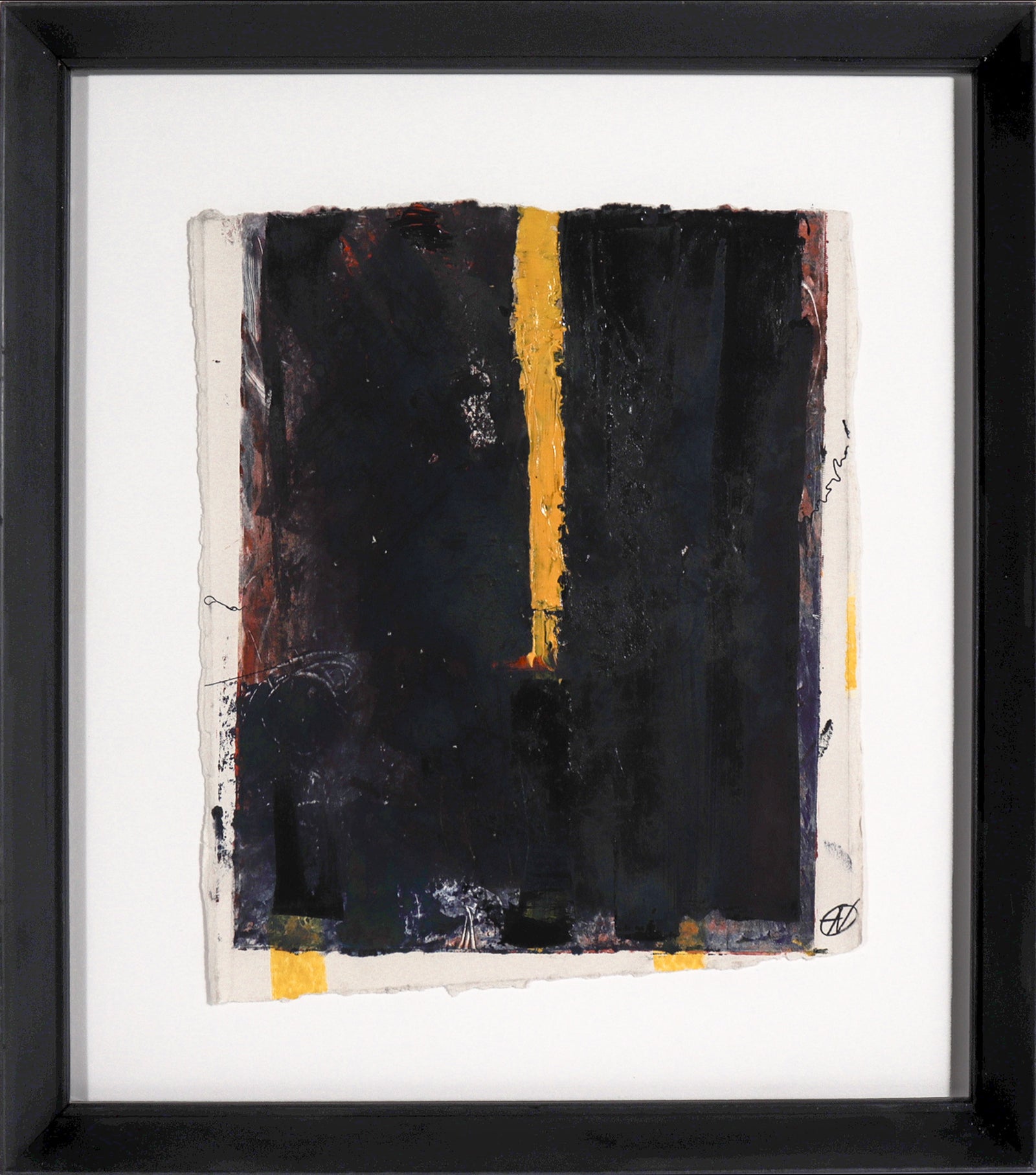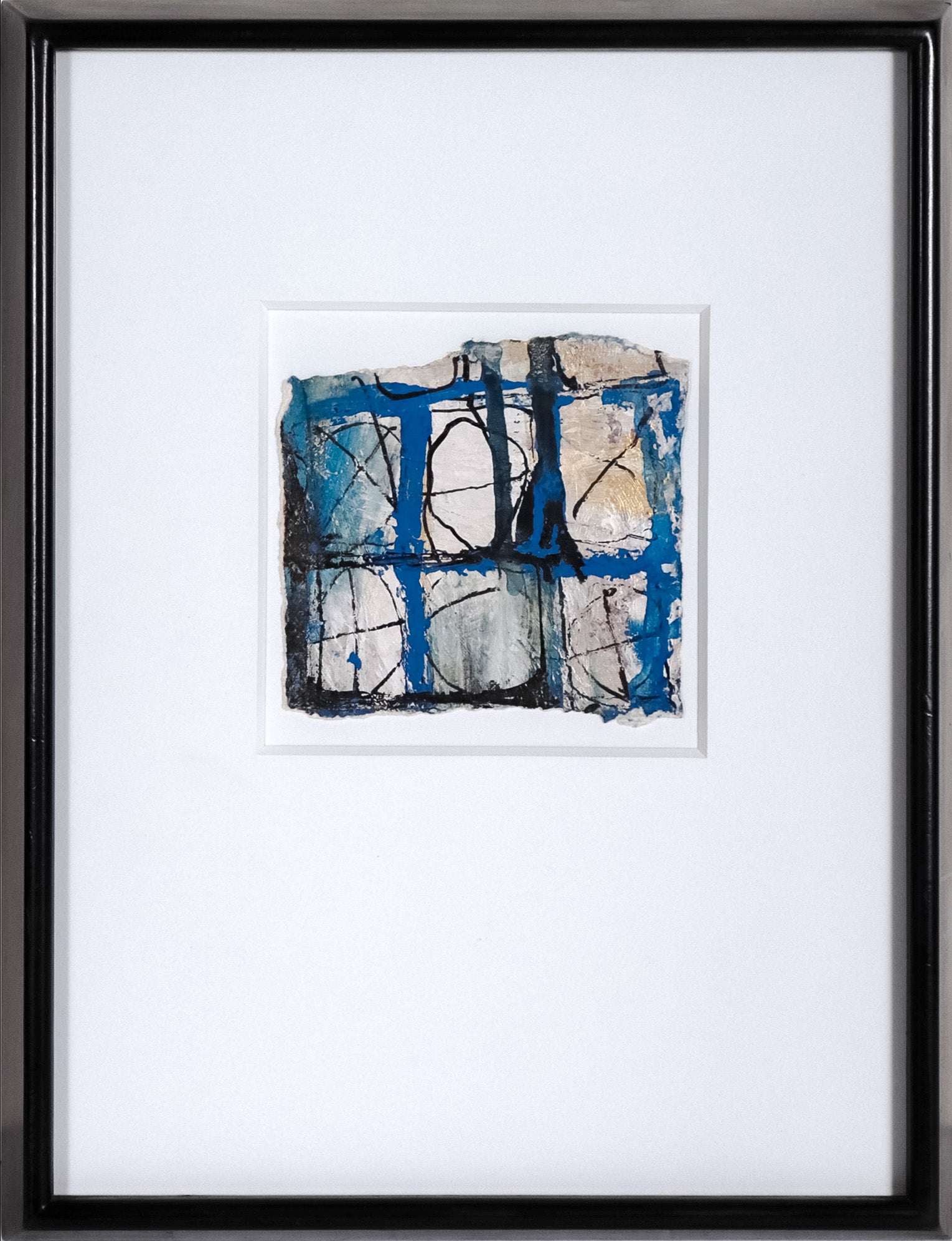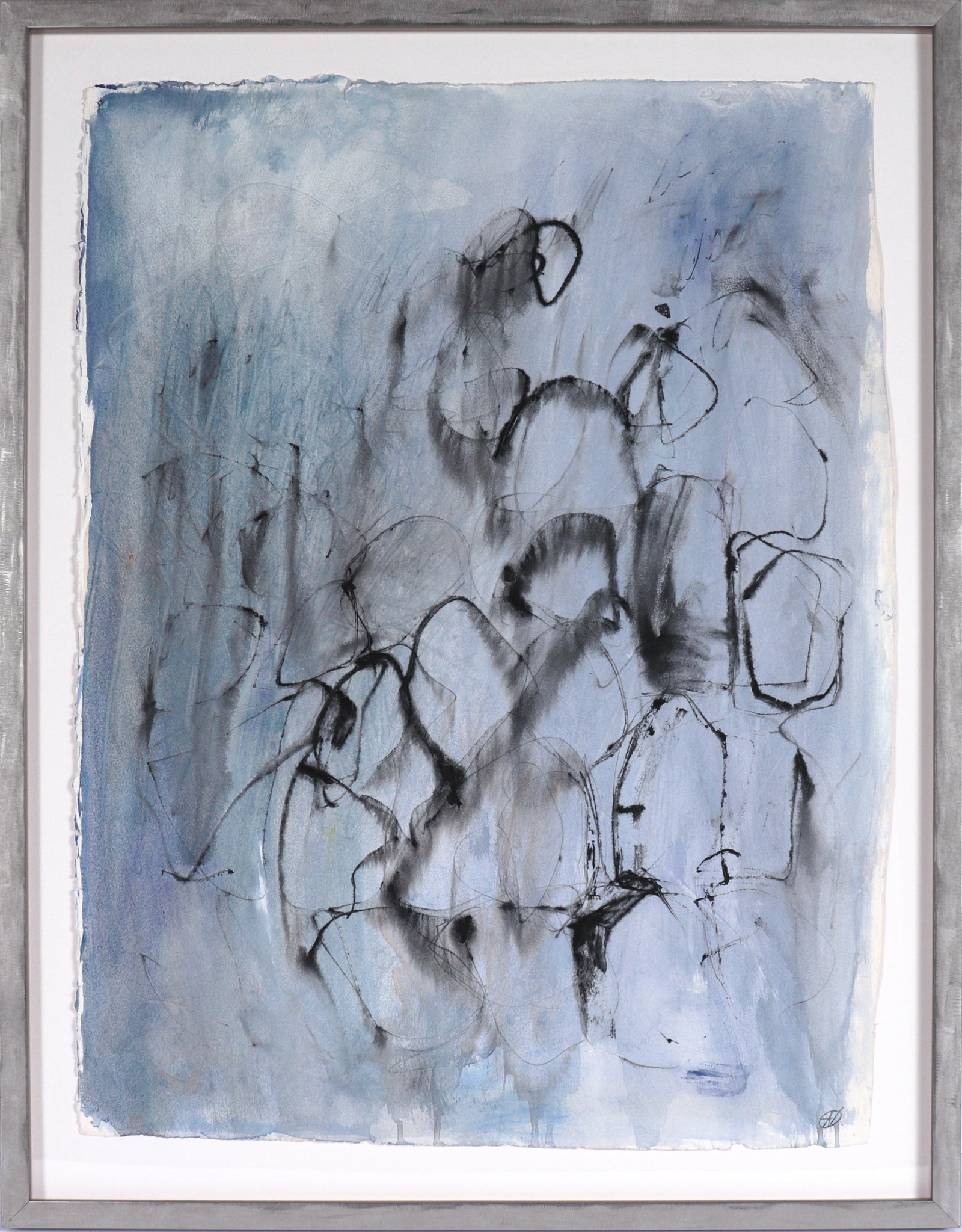Explore | Collect | Design

Lucy Howard Cohen






Preview the complete works on canvas here.
| Previous Artist | Next Artist |
Lucy Howard Cohen (1944-2019)

- Lucy Howard Cohen was born in 1944 in Greenwich Village (Manhattan) into the heart of the Abstract Expressionist, avant garde art scene. She did her undergraduate work in Madison, WI and later moved to the Bay Area and completed her Doctorate in Psychology at U.C. Berkeley, This would form the foundation for her practice as an artist and a psychologist.
Cohen lived in the Haight Ashbury district of San Francisco where she maintained a studio and raised her daughter, Isa. Over the years she studied art at the de Young Museum, CCAC, U.C. Berkeley and with local instructors Roy Thomlinson (a Pollock-Krasner Foundation award recipient) and Raymond Saunders (an icon figure in the Bay Area arts scene). Her work was influenced by the paintings of Joan Mitchell, Mark Rothko and Clyfford Still. Most of her work was completed later in life in the last decades of the 20th Century.
Cohen showed in numerous Bay Area group shows and the SFMOMA Aritist’s Gallery. She was a voracious reader, a committed feminist and a student of art history. Her raw talent for capturing the abstracted human condition and urban landscape are apparent when viewing her sometimes lush and other times somber Abstract Expressionist paintings. In 2002 she was seriously injured in a fall and was no longer able to paint. She died in San Francisco in 2019.
Early Life and Influences
Born on July 1, 1944, in the bohemian heart of Manhattan's Greenwich Village, Cohen's journey through the world of art was marked by passion, resilience, and a thirst for knowledge. Lucy's artistic roots ran deep. Her mother's connection to the contemporary art scene through her work as an interior designer in New York provided her with an early exposure to the world of creativity and expression. Her upbringing in the vibrant and diverse cultural landscape of Manhattan would go on to shape her artistic sensibilities.
She embarked on her academic journey at the University of Wisconsin-Madison for her undergraduate degree, but it was her move to the Bay Area with her husband-to-be that would set the stage for her artistic career. At U.C. Berkeley, she pursued her doctorate in psychology and later established a psychology practice, operating both in the iconic Haight Ashbury neighborhood and downtown at 450 Sutter Street. Amidst her professional endeavors, she balanced the responsibilities of motherhood, raising her daughter, Isa, who eventually became the custodian of her artistic legacy.
The Artistic Awakening
In the late 1980s, Cohen's artistic journey began in earnest. She enrolled in classes at the De Young Museum, immersing herself in the study of figurative art. Her thirst for artistic expression led her to further her education at the California College of Arts and Crafts (CCAC). She also had the privilege of studying under the guidance of Roy Thomlinson and Raymond Saunders. She extended her art education at U.C. Berkeley extension and even ventured to Italy in the summer of 1996 to deepen her artistic practice.

Mediums and Inspirations
Cohen's artistic evolution was a testament to her versatility. She began her artistic career working in oils but transitioned primarily to acrylics while occasionally incorporating sumi ink and collage techniques into her creations. Her work was primarily abstract but sometimes was characterized by its figurative nature, reflecting a strong influence from Bay Area Figurative art and her profound connection with the cityscape of San Francisco, an ever-present source of inspiration.
In her artistic journey, Cohen drew inspiration from a multitude of sources, including 20th Century abstract artists such as Joan Mitchell, Mark Rothko, and Clifford Still. The vibrant colors and forms of the Musee D'Orsay held a special place in her heart. Her dedication to art history fueled her passion for her craft, and her love for literature, particularly the works of Emily Brontë, provided an additional layer of depth to her creative process.
Artistic Pursuits and Challenges
Cohen's commitment to her craft was unwavering. She even secured permission to paint at night while attending art school due to the sheer scale of her canvases. However, she was known to experience a sense of melancholy when one of her pieces found a new home, highlighting the deep emotional connection she had with her creations.
Her art found a platform at the MoMA Rental Gallery, and she participated in numerous group shows throughout her career. Notably, her work was showcased at UC Santa Cruz in the late 1990s, further cementing her presence in the Bay Area art scene.
A Life Altered
In 2002, Cohen's life took an unexpected turn when she suffered a fall that resulted in a head injury and spinal stenosis. These physical challenges deeply affected her ability to use her hands, ultimately leading her to cease painting. Despite this setback, her passion for art and her indomitable spirit remained undiminished.
A Legacy of Feminism, Wit, and Resilience
Lucy Howard Cohen was a staunch feminist, an intellectual, and a force of nature. Her sharp wit, biting humor, and keen eye for beauty left an indelible mark. Her art, which could shift between lush and desolate abstraction, captured the complexities of the human condition with remarkable insight and sensitivity. She died in San Francisco in 2019.Cohen in Her Own Words:
When painting, I'm packing for a trip to an unknown destination. Selecting, folding, arranging and rearranging, tossing this out, adding that. I have to sort through everything to locate the essentials. This process is present tense, one of doing and undoing, of resistance and surrender, of surprising changes and speedy reversals. The canvas is an environment of geographically and psychologically uncharted territory. I am an explorer therein.
I paint to find out where I'm going and to revisit the places I've been. I accumulate layers of signs and symbols during my travels. These layers are drawn from memories, thoughts and associations that are recorded, slip away, then reappear, forming a psychological terrain.
My work is the record of a journey. While painting, I move through an evolving visual and psychological space, forging new paths of discovery. Excavating memories and following attembt to unearth the maps buried deep within the canvases. stumble on new elements by association or by accident. In the process, images blur, erase, and layer on top of one another to form a palimpsest of psychic topography. Like layers of topography. translucent sediment, the surfaces of my paintings act as timelines, faintly tracing my voyages across the frontiers of my interior life.
We would like to thank her daughter, Isa, for bringing this collection and story to Lost Art Salon and trusting us with her mother’s artistic legacy.
Geometric Abstract in Blue
Late 20th Century Oil
#C7639 Lucy Howard Cohen (1944-2019) Sold $545
Late 20th Century Oil
#C7639 Lucy Howard Cohen (1944-2019) Sold $545
Sold
Stacked Multi-Colored Chairs
Late 20th Century Oil
#C5877 Lucy Howard Cohen (1944-2019) Sold $475
Late 20th Century Oil
#C5877 Lucy Howard Cohen (1944-2019) Sold $475
Sold
Red & Black Gestural Abstract
Mixed-Media on Paper
#C5460 Lucy Howard Cohen (1944-2019) Sold $875
Mixed-Media on Paper
#C5460 Lucy Howard Cohen (1944-2019) Sold $875
Sold
Subscribe
Sign up to learn about new collections and upcoming events

